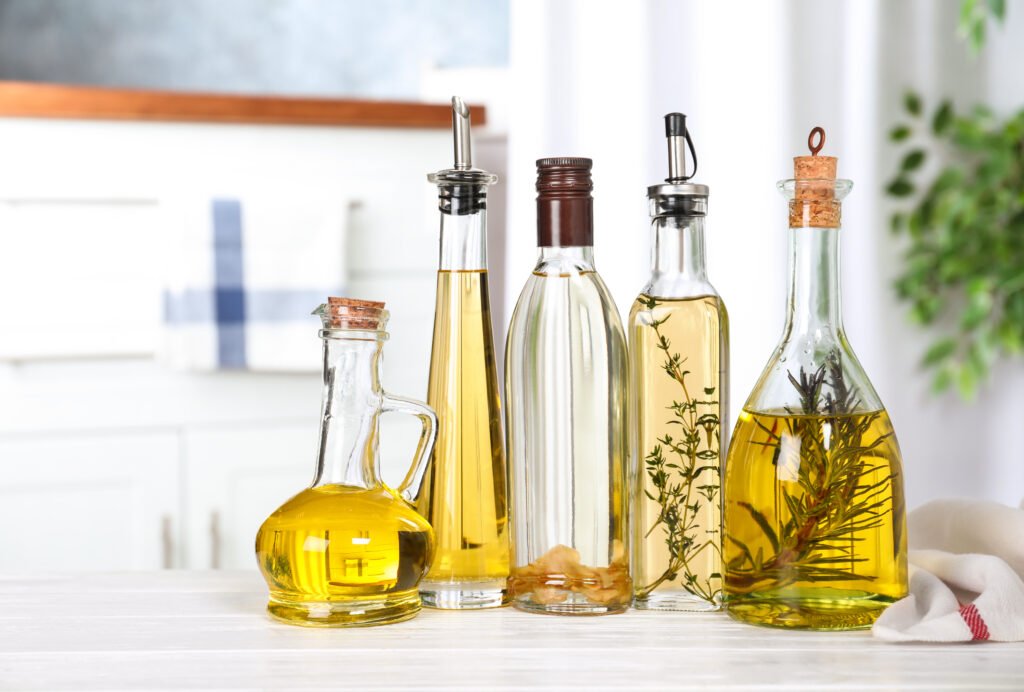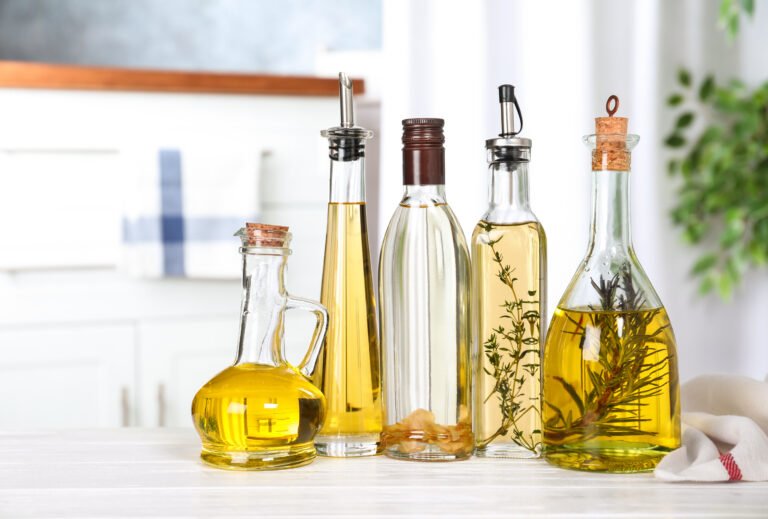The place you keep your cooking oil is quietly sabotaging your health—and for millions, the danger is hiding right above the stove.
Story Highlights
- Storing cooking oil near heat or in sunlight rapidly degrades its quality and can create harmful toxins.
- Health experts now warn that even unopened oils are at risk when exposed to air, heat, or light.
- Chronic exposure to rancid or oxidized oils may contribute to digestive, cardiovascular, and neurological diseases.
- Safer storage habits—cool, dark, airtight, glass or metal containers—can dramatically reduce these risks.
Your Oil Bottle’s Secret Life: A Chemistry Experiment Gone Wrong
Every time you reach for that golden bottle perched above your stove, you accelerate a chemical domino effect that transforms a kitchen staple into a slow-acting health hazard. Heat, light, and oxygen—the very elements swirling around your stovetop—trigger rancidity and oxidation in cooking oils, producing free radicals and toxic byproducts long before a single drop sizzles in your pan. Even the most expensive extra-virgin olive oil isn’t immune: exposure to these everyday kitchen threats can destroy its flavor, strip away antioxidants, and generate compounds linked to inflammation, heart disease, and cancer.
Warnings from the Frontlines of Food Science
Health experts, nutritionists, and neurologists have united in an unusual consensus: improper oil storage is more than a minor kitchen misstep—it’s a public health issue. Scientific studies from the 2010s onward have documented how oils exposed to heat, light, and air degrade rapidly, forming free radicals and other toxins that damage cells and DNA.
Neurologists have even linked the regular consumption of oxidized oils to a higher risk of neurodegenerative diseases, including Alzheimer’s and Parkinson’s. This concern was once reserved for reused frying oil, but new research shows that the damage begins before oil ever hits the pan.
Watch: How to use and store cooking oil correctly
Industry, Regulators, and the Push for Change
Manufacturers have begun to take notice. Some are updating packaging with prominent storage instructions, warning consumers to avoid heat and light and to opt for airtight containers. Food safety authorities and organizations are considering new regulations and public awareness campaigns. The food industry, always attuned to consumer trust, now faces pressure to improve packaging and labeling, especially as consumers ask harder questions about what’s truly healthy at home.
The Ripple Effects: Health, Habits, and the Road Ahead
The stakes go far beyond individual households. Chronic consumption of rancid or oxidized oils increases healthcare costs, burdens families, and heightens risks for vulnerable populations like the elderly or those with chronic illnesses. As research continues, the food industry may shift toward oils with higher oxidative stability and better consumer guidance. Public awareness is growing, but old habits die hard.
For consumers, the fix is simple but often overlooked: keep oil bottles tightly sealed, out of the light, and away from heat. Replace plastic with glass or metal, and never display oil near the stove for convenience. Small changes in storage can mean big changes in health outcomes—the kind you’ll never taste, but your body will notice over time. The next time you reach for that bottle, pause and ask: is this really the safest spot?
Sources:
FryAway: How to Properly Store Cooking Oil
Times of India: The hidden dangers of reusing cooking oil
PMC: Evaluation of the deleterious health effects of consumption of repeatedly heated cooking oil
Ecoil: Toxic Effects of Used Cooking Oil
MindBodyGreen: Does Keeping Oil By The Stove Make It Go Bad?
Harvard Health: Seeding doubt: The truth about cooking oils







